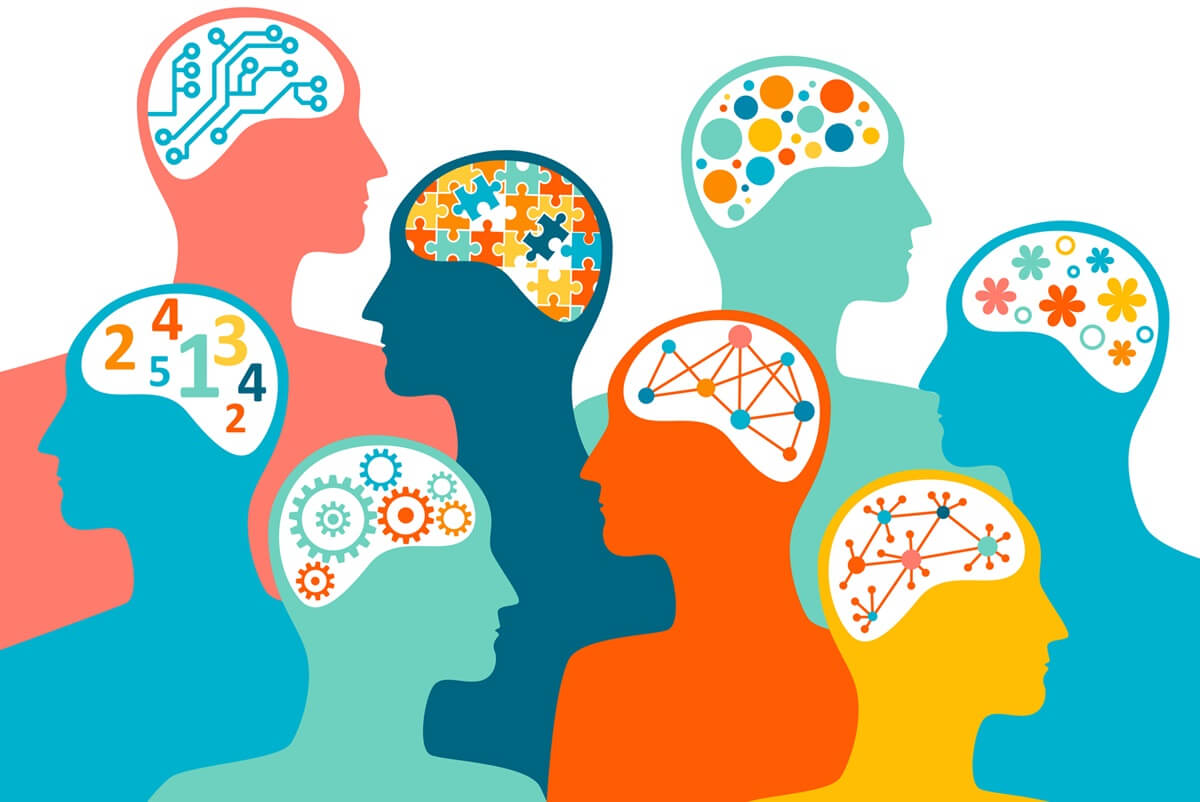To many people, the idea of compassionate leadership is touchy-feely at best and bad management at worst. But new research I discovered in writing The Happiness Track suggests that rather than making them look soft, acts of kindness and altruism increase leaders’ standing in a group. In some contexts, altruism can translate into a serious competitive advantage.
When Nice Guys Finish First
Consider this choice: Given two individuals with equivalent talent and skills, who do you look up to and prefer to work with, promote, or invite onto a project? Chances are it’s the more compassionate one.
If that sounds intuitively right, it’s now getting some backing by science—with a few conditions. Wharton professor Adam Grant argues that kindness and compassion give us a far greater advantage than self-absorption. Nice guys do finish first, he explains, as long as they learn how not to let others take advantage of them.
In his New York Times best-selling book, Give & Take, Grant explains that compassionate leaders sometimes do lose out. People who care about others’ well-being and look out for their colleagues and employees—the group Grant calls “givers”—are overrepresented at the bottom of the success ladder. This is because often selfish “takers” mow them down. But here’s the surprising finding: Grant also reveals that “givers” are overrepresented at the very top of the success ladder, too. How can that be?
It turns out that people like and appreciate givers more. They therefore become more influential. The difference between successful and unsuccessful givers often comes down to strategy: when givers learn strategies that prevent others from taking advantage of their altruism, their “nice” qualities end up helping them succeed above and beyond anyone else. Why? In part because everyone loves working with them and appreciates them for their kind and giving qualities.
How Compassion Breeds Trust
In addition to being pleasant and easy to work with, compassion makes you trustworthy. Trust is a crucial aspect of our lives because it makes us feel safe. Probably because managers and leaders determine our work experience—harsh and stressful or pleasant and enjoyable—we’re especially sensitive to signs of trustworthiness in our leaders. We prefer leaders who are warm to those who project tough characteristics.
One reason has to do with our brains’ stress response. While we’re attuned to threats (whether an angry lion or a raging boss), observing kind behavior significantly reduces our brain’s stress reactivity. As brain imaging studies show, when social relationships feel safe, the brain’s stress response is attenuated.
In turn, trust increases a spirit of innovation. Grant told me, “When you respond in a frustrated, furious manner, the employee becomes less likely to take risks in the future, because he or she worries about the negative consequences of making mistakes. In other words, you kill the culture of experimentation that’s critical to learning and innovation.”
Grant points to research by Fiona Lee at the University of Michigan that shows that promoting a culture of safety—rather than fear of negative consequences—helps encourage the spirit of experimentation that’s so critical for creativity.
Other research shows that, for some, the idea of helping a person who’s suffering or in need can feel daunting. One may feel overwhelmed by the situation and wish to get away from it. In her books and TED talk, Brené Brown encapsulates this experience with one term—vulnerability. Being faced with another person’s pain is difficult. Being compassionate toward that person may make you feel uncomfortable. It will require you to display deep authenticity, which we aren’t used to doing—but it’s worth it.
Compassion and Culture
When we see someone helping someone else, we get an inspired, warm-and-fuzzy feeling (you may even shed a tear or feel a chill). Psychologist Jonathan Haidt has appropriately termed this state of being elevation.
In the workplace, elevation leads to increased loyalty. In their research on the phenomenon, Haidt and his colleagues found that when leaders were polite, respectful, sensitive, or willing to make sacrifices for their teams, their employees experienced elevation. In turn, that led to employees feeling more loyal and committed to their boss.
What’s more, elevation seems to create a kinder culture around you. Haidt’s data shows that when you experience elevation after watching someone help somebody out, you’re more likely to do something kind for someone else. In the workplace, employees of compassionate leaders (who evoked feelings of elevation in others) were more likely to act in a helpful and friendly manner toward other employees, even when they had nothing to gain.
Another study showed that when leaders are fair, members of their teams display more collegial behavior and are more productive both individually and as a team. In other words, compassionate behavior can create a more collaborative workplace.
Researchers Nicholas Christakis and James Fowler, authors of Connected, have shown that if you’re kind, those around you are more likely to act kindly, too. In short, compassionate behavior is contagious: it spreads around you, multiplying its benefits—including for the leaders who make a point of instilling it.
This article is republished with permission from Dr. Seppala’s website.










